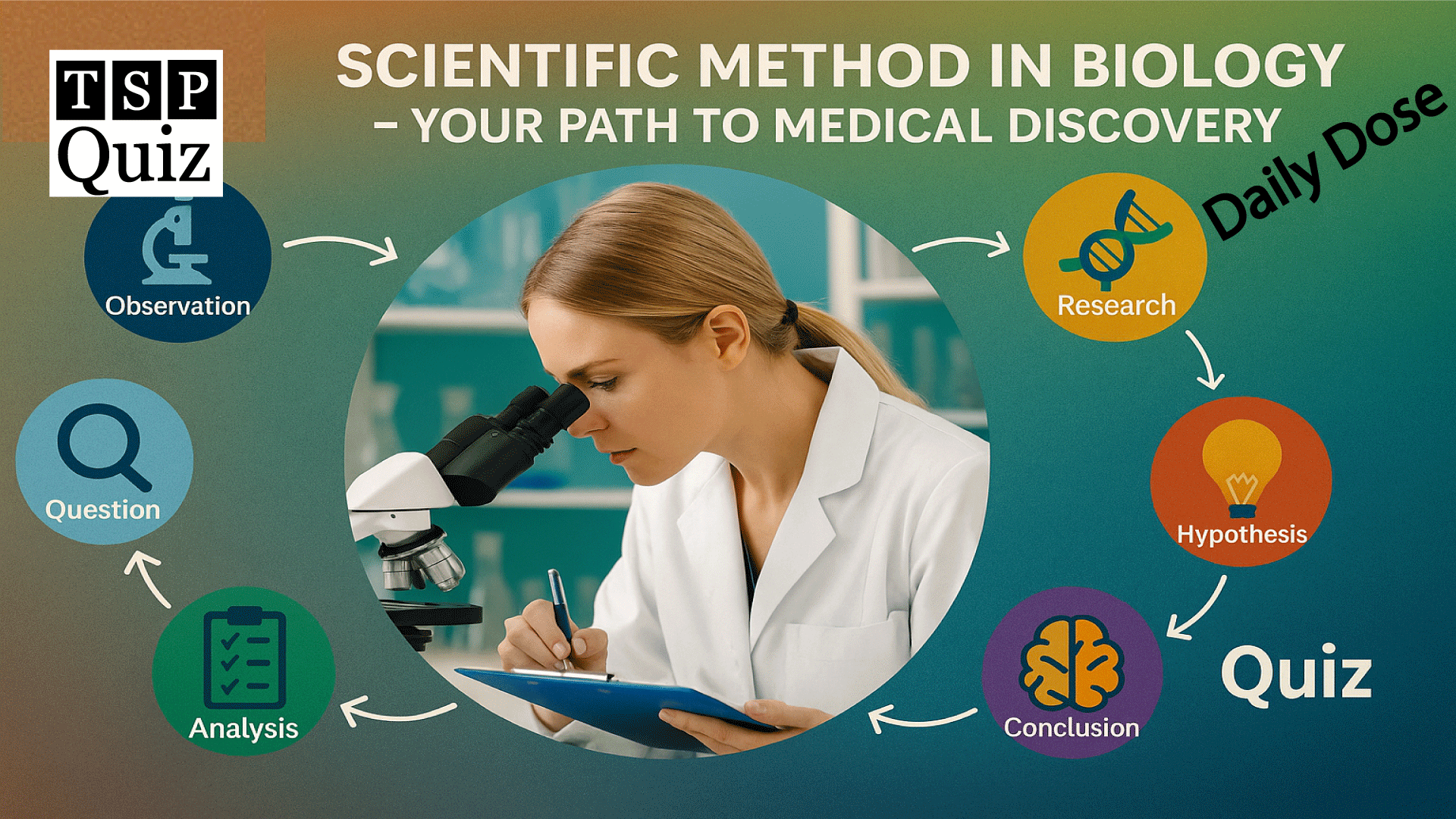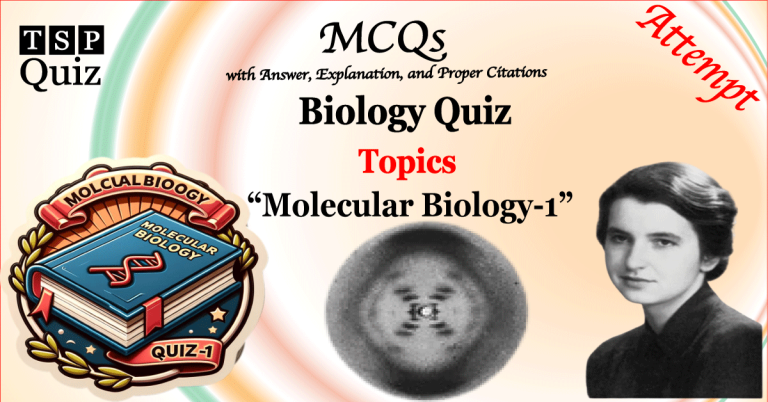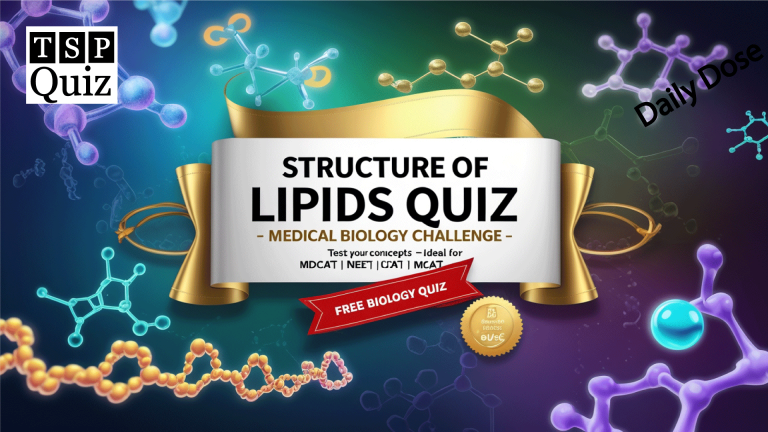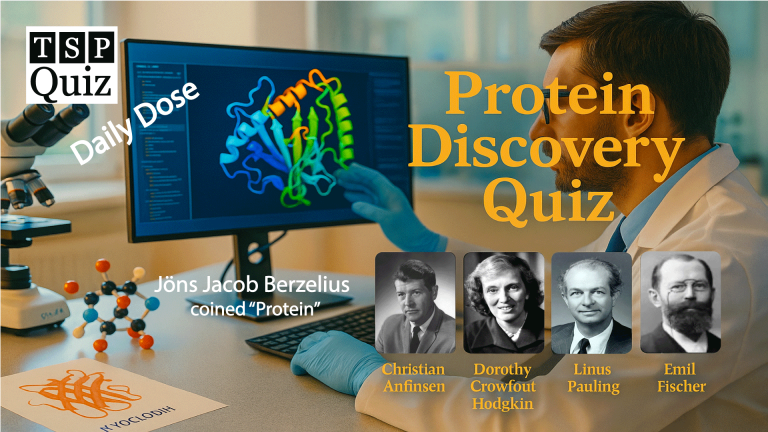Scientific Method Quiz: High-Yield Biology MCQs for Medical School Prep
Attempt “Scientific Method Quiz”
Ready to test your understanding? Start the Scientific Method Quiz now and challenge your biology knowledge!
Note: For More Biology Quizzes, Visit: MedTest Quizzes-Biology
Scientific Method Quiz: Top 5 Most Asked Questions Answered
What are the 7 steps of the scientific method?
The seven steps are: Observation, Question, Research, Hypothesis, Experiment, Analysis, and Conclusion. Scientists begin by observing a phenomenon and asking a question. After reviewing existing knowledge, they propose a testable hypothesis. Controlled experiments are then performed. Data is analyzed, and conclusions are drawn. This process promotes accuracy, objectivity, and reproducibility in science.
Why is the scientific method important in medicine?
Medical science depends on accuracy and safety. The scientific method ensures treatments are evidence-based, not guesswork. For example, before approving a drug, researchers conduct clinical trials to test effectiveness and side effects. This structured method reduces human error, builds patient trust, and improves long-term health outcomes through data-driven discoveries.
What is a hypothesis in biology?
A hypothesis is a statement predicting a relationship between variables. It must be clear and testable. For instance, “Increasing sunlight will enhance photosynthesis in plants.” Hypotheses are the basis for experimentation and guide scientists in collecting relevant, measurable data to prove or disprove their assumptions.
How can students apply the scientific method in biology labs?
Students practice it by identifying a question, proposing a hypothesis, designing experiments, and analyzing results. It teaches critical thinking, control of variables, and accurate data recording. This hands-on approach prepares them for real research or clinical trials in future medical or biological careers.
What is the difference between a hypothesis and a theory?
A hypothesis is an initial idea needing testing. Scientists develop a theory as a broader explanation after repeating experiments and obtaining consistent results. While hypotheses remain temporary, strong evidence leads the scientific community to widely accept theories like cell theory or evolution.







